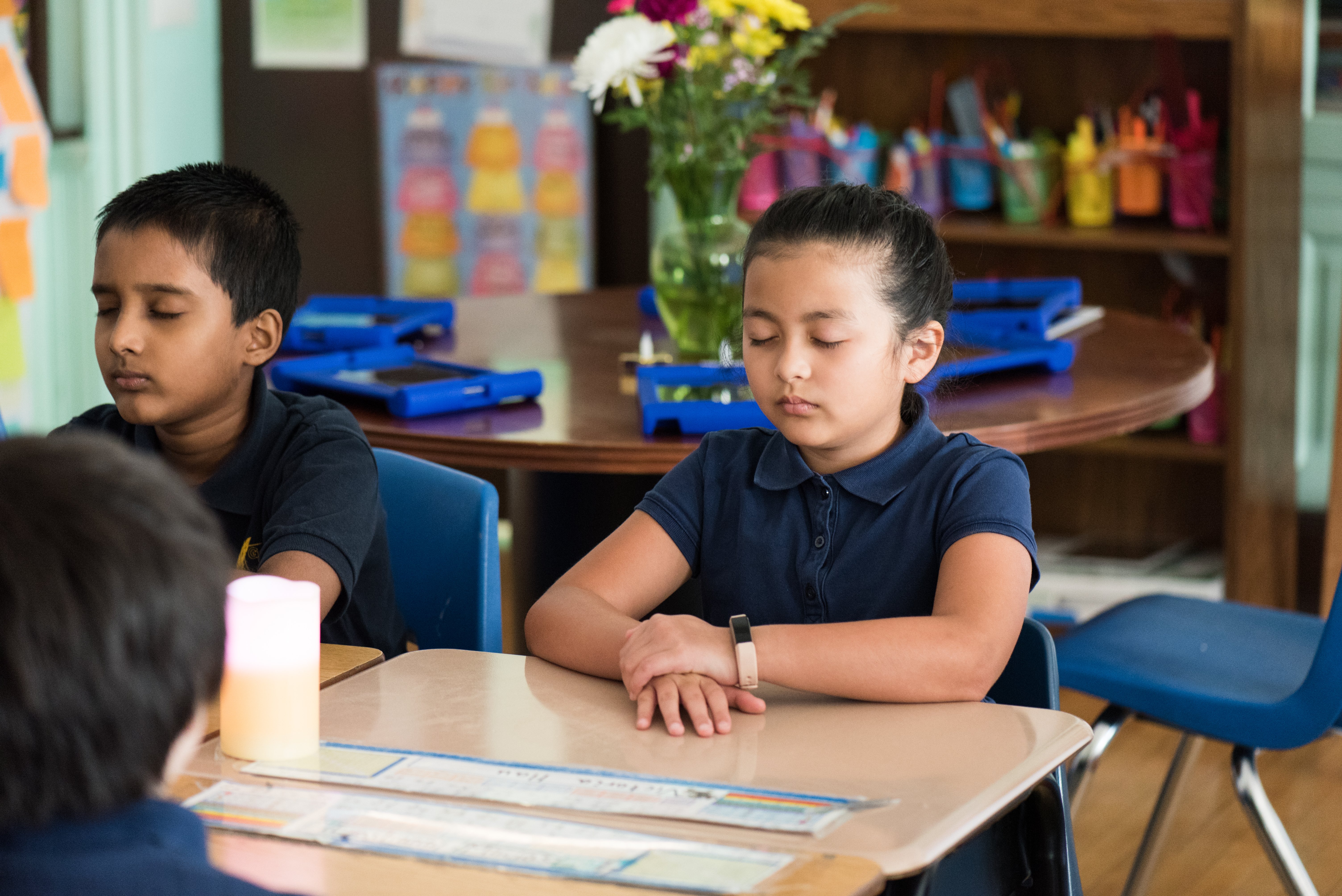Why Can’t My Students Focus, and How Can Mindfulness Help?
Are you struggling with unfocused students? Maybe students raise their hands to ask completely unrelated questions. You catch some students dozing off or daydreaming while others start chatting with their friends. You find yourself repeating yourself multiple times, and you still aren’t 100% sure if they were focused for long enough to hear you.
Although it’s perhaps the most well-known, ADHD is far from the only reason why students struggle with focus at school. Many environmental factors can contribute, as well. Mindfulness can be a powerful way for students to get in the practice of focusing and strengthen this developmental skill.
Reasons why students may not be focused
There are so many reasons why kids have a hard time focusing at schools, from situational factors to neurodevelopmental conditions. We tend to automatically think of attention-deficit hyperactivity disorder – ADHD – when kids have a hard time focusing. But that’s only one of many things that can cause difficulty concentrating in children. Other reasons should always be ruled out before jumping to ADHD.
Here are some of the most common reasons kids can’t concentrate at school.
The Material
Often, kids have a hard time focusing because the material being taught isn’t a good match. This could be due to many reasons, and it isn’t your fault as the teacher. But if school activities are too difficult or too easy, students can check out of learning altogether.
The Setting
Other times, the setting is distracting to students. For example, maybe there is a lot of noise outside or there’s something really interesting happening outside the window. When there are external stimuli, it’s only to be expected that children feel distracted.
Learning Styles
Different learning styles may also come into play. For example, neurodivergent kids, like students with dyslexia, may not be able to learn well in traditional school settings. Even neurotypical students may have differences in learning styles. For example, some students may learn through reading while others learn experientially.
Anxiety
Anxiety and a fear of school can also cause difficulty concentrating. If a child feels anxious just being at school, then they won’t be able to concentrate on learning. There are many reasons why a child may feel anxious at school, from separation anxiety to bullying to a general anxiety disorder.
Trauma or Other Stressful Life Events
Even adults have a hard time concentrating when something stressful is going on in our lives. For example, if you’re going through a divorce, it would be hard to be 100% present at work. The same goes for kids, and kids are even more vulnerable to the effects.
Not only that, but reports show that around 25% of students will have experienced at least one traumatic event or situation by the age of 16 (with abuse leading the list).¹ Creating a trauma-informed classroom means noticing that a lack of focus can be a sign of trauma, and knowing how to support these students.
Eating and Sleeping
Similarly, a child isn’t eating or sleeping enough, then this can severely impact their focus. Think about it – how focused do you feel when you’re hungry or fatigued? Students who, for whatever reason, come to school hungry or tired are much more likely to be easily distracted. And unfortunately, this isn’t uncommon – up to 9 million students in the United States face food insecurity,² and 7 out of 10 students report getting insufficient sleep on school nights.³
Lack of Practice
Lastly, many kids have a hard time with focus simply because they’ve never practiced being focused before. Focus and concentration aren’t skills that most of us are simply born with. We’re taught how to focus, and we get better at it with practice. Kids, especially younger kids who are in a traditional school setting for the first time, may simply need to practice focusing for longer periods of time.
Does mindfulness help kids with focus?

A large body of research suggests that mindfulness is one of the most powerful practices we can implement to improve focus. Mindfulness invites us to sit with the present moment. It’s normal for your mind to wander – but with mindfulness, you practice returning, over and over again, to the present.
This is basically what focus and concentration is. Distracting stimuli are all around us at all times. Mindfulness helps us to hone the skill that allows us to maintain concentration on each passing moment, no matter what’s going on. We’ve said that a lack of practice with focus can be a reason why students struggle with focus. Mindfulness could be the practice that they need.
On top of this, mindfulness can also help address other underlying issues that can cause a lack of focus. For example, studies have found that mindfulness-based interventions can help reduce symptoms of anxiety, depression, and even post-traumatic stress disorder (PTSD). Mindfulness is also an effective and healthy way to manage stress.
Please note that although it can be helpful, mindfulness should never be a replacement for a mental health intervention. For example, if a child is struggling to concentrate due to untreated ADHD, then they will need to first receive professional treatment.
There could also be benefits of you, the teacher, practicing mindfulness as well. Mindful teachers may be more likely to become aware of factors that might be contributing to lack of focus in your classroom. For example, you might notice when a student is hungry or tired. You may also be able to deal with stress – and, let’s face it, teaching distracted students can be very stressful.
Calm Classroom makes it as easy as possible to implement simple mindfulness activities in a school setting. Anyone can teach and learn mindfulness with Calm Classroom. Get in touch with us to learn more about our training options today.





SIGN UP FOR OUR NEWSLETTER